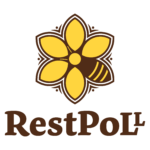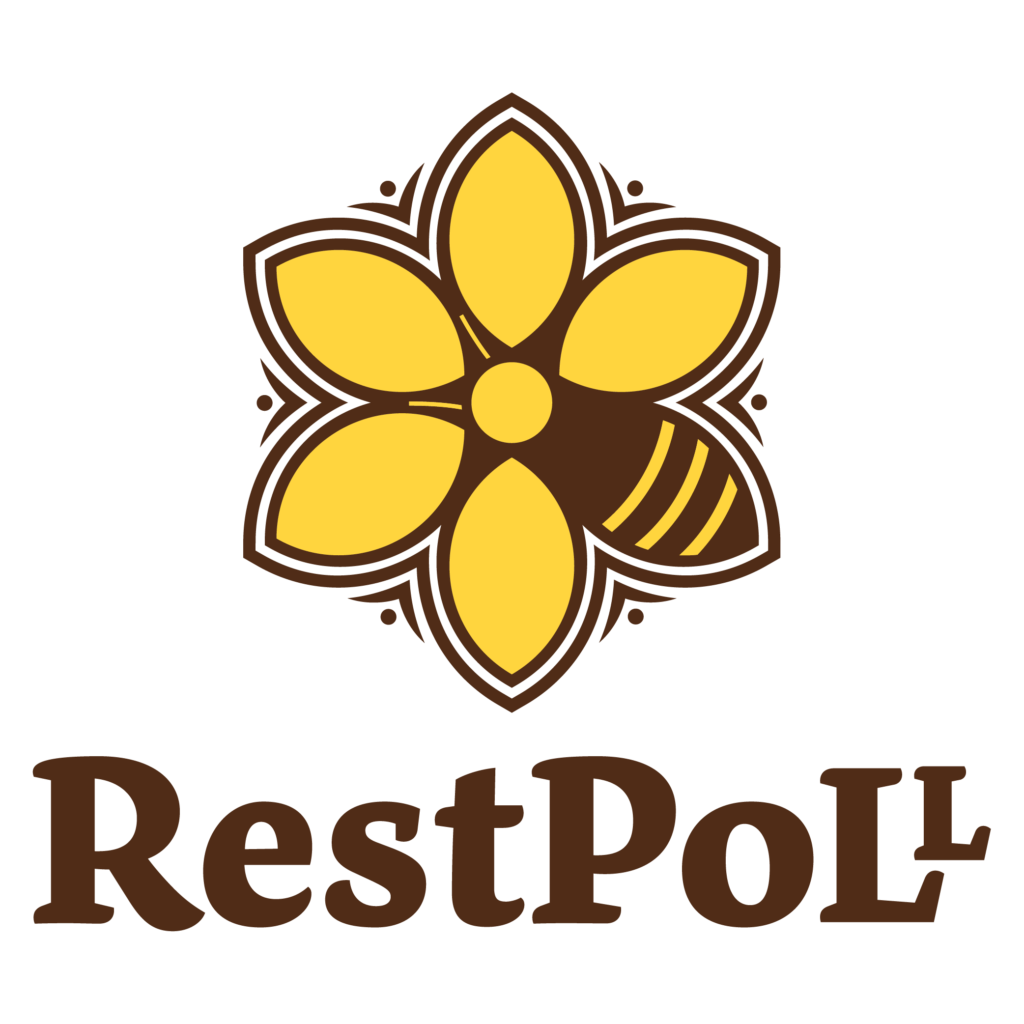RestPoll is often called a unique pan-European research project for the preservation of pollinators. While this fact is undoubtedly true, the project also forms part of a wider research agenda, together with other pollination initiatives. One such initiative studies the VALues and dependence of society and the economy on pollinatORs (VALOR). Dr Tom Breeze at the University of Reading is involved in both projects and explains their interconnection.

Similarities and differences
It is not a coincidence that there is quite a bit of overlap between the consortia of VALOR and RestPoll, Tom suggests. “There are a lot of organisations and people specialising in pollination who do similar or interlinked fieldwork. Two- or three-year pollinator projects are not enough to obtain enough long-term data. There is therefore a tendency within the pollinator research community to keep collecting data where we can in order to build more detailed datasets.”
One of the ways in which VALOR connects to RestPoll is the availability of Living Labs, as Tom explains. “VALOR is a very interdisciplinary project, so we need a lot of involvement from stakeholders. RestPoll Living Labs are a ready source of research with already engaged stakeholders, which means very little additional work for everyone when they are in both projects. Living Labs are very good for the intersection between the two research projects.”
Tom is eager to emphasise that there are also different nuances between these projects. “VALOR is taking a fully systematic approach to assess the impacts of pollination from flower to ecosystem, farm, food and people on an increasing scale. Most research has been on the value of pollinators in a field. VALOR intends to ask what pollination means to a farm business, and how that ripples up the value chain to retailers and consumers. Pollinator conservation and biodiversity measures can’t just be on small scale if we live in a global food system.”
Food and value chains
According to Tom, VALOR intends to demonstrate the value of pollinators throughout the food system. “What a crop is sold for and what a farmer is paid for it is often only a fraction of the final sale price. There is a bigger question of distributive justice. We are asking farmers to do all the work in preserving pollination, while they get a lot of criticism for its decline. However, they are often influenced by forces of the market further up the chain which are much more resilient to pressures than they are, while benefitting more from the ecosystem services that the farmers provide.”
Tom and the VALOR team are trying to get this message across to people higher up the chain. “VALOR is working with several major agrifood businesses to help develop better arguments for business to get involved. Although the sustainability offices often understand it, we need often need stronger evidence to get their bosses to pay attention. There is also a task in VALOR on metrics that we can develop for the finance sector, telling them whether they are actually investing in things that are good for pollinators. A lot of top-end businesses are becoming very interested in it.”
For agribusinesses and policy to do their part, Tom thinks it essential to make life easier for them. “In RestPoll, we’re gathering a toolkit of instruments that are already being used. VALOR is then using the RestPoll toolkit to ask stakeholders what they want to do with it. One example is calculating risks for businesses from pollinator decline. We will synthesise this with heavily updated data on the dependence of crop pollination that builds on Alexandra Klein’s somewhat legendary 2007 paper. With that information, businesses get a more accurate image of how vulnerable they actually are.”
Policy and law
Another group to be involved by both VALOR and RestPoll is policymakers, Tom explains. “We are really interested in how research translates into policy. How do policymakers use information, how can we make the information that we generate more applicable to them or present it better to engage them more effectively? We are also interested in the question of how policy translates into law. Hopefully, we’ll be better able to understand how the knowledge we generate is translated into the regulations that govern the land.”
With its focus on farmers, businesses and policymakers, VALOR is delving deeper into the social side of pollination, Tom states. “We intend that VALOR is additive to RestPoll. We are taking advantage of existing synergies to get more out of work that we are already doing in RestPoll while also taking the RestPoll data further. I also intend to help people in RestPoll who are interested in projects on farm business performance with methods and protocols. In a way, VALOR is a scale-up of RestPoll. We are hoping to keep the momentum going across research projects.”

Other Faces Behind RestPoll
Who’s next? Sign up for the newsletter to stay informed and meet the other incredible individuals who are involved in the RestPoll project. Each member brings unique expertise.

